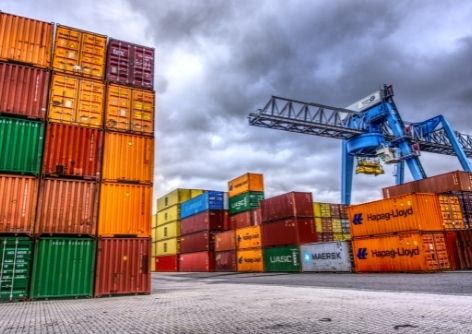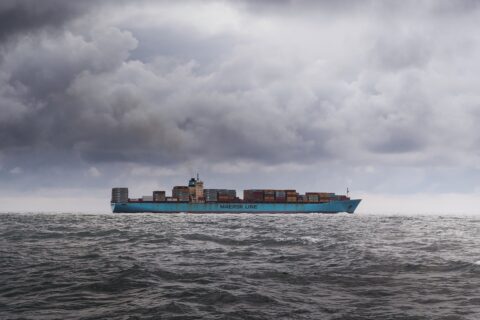Shipping is a huge industry with strong economic and trade implications. It’s a business that involves many different parties, from freight brokers to shipping lines. This article will discuss some of the main terms and concepts in shipping, as well as provide an overview of what you need to know about the cargo, tonnage and port dues.
For those of you who are new to the world of shipping, this guide will help you navigate it all. Understanding these basic concepts will go a long way in helping you make informed decisions on your shipping needs.

The Cargo, Tonnage & Port Dues: A Complete Explanation of What You Need to Know.
Understanding the world of shipping can be complicated. Understanding one area of it is difficult enough but understanding everything there is to know about this industry is simply impossible. But not knowing the basics could cost you a lot of money and time. So, here’s your guide to the 3 main concepts that make up shipping: cargo, tonnage, and port dues.
Cargo refers to any freight that is transported on a vessel. Tonnage refers to the total weight of cargo shipped at once. Port dues are fees paid by ships for docking in certain ports or waterways. These 3 concepts ensure that shipping costs are fair and balanced for all parties involved in the transaction. So, join us as we take an informative journey through the murky waters of shipping!
What Is Tonnage?
Tonnage refers to the total weight of cargo shipped at once. It is used to calculate the cost of shipping, duty rates, and other related costs. Tonnage is measured in GRT (gross registered tonnage). The GRT excludes the weight of fuel, food, water, spares, ship’s equipment and crew.
Tonnage also determines how much duty you’ll have to pay when importing goods into your country. Duty rates are calculated by the total weight of cargo shipped multiplied by your duty rate per kilograms (kg). For example, if an importer’s duty rate is $5 per kg and they import 1000 kgs worth of goods then they will owe $5000 in duty fees.
What Is Cargo?
Cargo is the freight that is transported on a vessel. Cargo can include anything from raw materials, to finished goods, to chemicals.
What Are Port Dues?
Port dues are fees paid by ships for docking in certain ports or waterways. These 3 concepts ensure that shipping costs are fair and balanced for all parties involved in the transaction. The actual charge for port dues is set by the port authority of the location where the ship is docking.
The amount of money charged will vary depending on a few factors, including whether it’s day or night when the ship docks, what type of vessel it is, how long it stays at that location, and its weight. For example, a smaller vessel that docks overnight would have a much lower charge than a larger vessel that docks during the day.
The Importance of Cargo, Tonnage & Port Dues
Cargo, tonnage, and port dues make up the three most important concepts in the world of shipping. By fully understanding these three concepts, you’ll be better informed about how shipping works and will be able to negotiate with freight carriers more effectively.
The cargo is the shipment that’s being transported by a vessel. Tonnage refers to the weight of cargo shipped in one trip. And port dues are fees paid by ships for docking in certain ports or waterways. The tonnage and port dues help ensure fair and balanced pricing when calculating freight charges. Understanding these concepts will give you an edge in negotiating with freight carriers because you’ll know what questions to ask and what information needs to be shared with them to get a quote on your shipment costs. If you don’t understand any of these terms, this article will help break them down for you!
Conclusion
It is important to understand cargo, tonnage, and port dues. These three concepts can affect the cost of your cargo and how much it is taxed. Cargo is the goods that you transport during a voyage. Tonnage is a measure of the size and weight of a cargo. Port dues are taxes that are collected when a ship arrives at a port.
Understanding these three concepts will help you plan your voyage to avoid costly mistakes.
ProConnect Integrated Logistics – A Freight Forwarding & 3PL company offering end-to-end Supply Chain & Logistics services.
There are many 3PL & freight brokers in the industry, it is important for you to choose the right partner for your shipment. Your shipment is valuable, and we ensure we treat it like ours. ProConnect Integrated Logistics gets its expertise, experience and value of working from its group company – Redington. Over the years, ProConnect has established itself as the most reliable freight forwarder and logistics partner for many companies in the UAE and Saudi Arabia, catering to a variety of industries.
If you are looking for a partner to take care of all your logistics hassles, talk to us.





 APP DOWNLOAD
APP DOWNLOAD